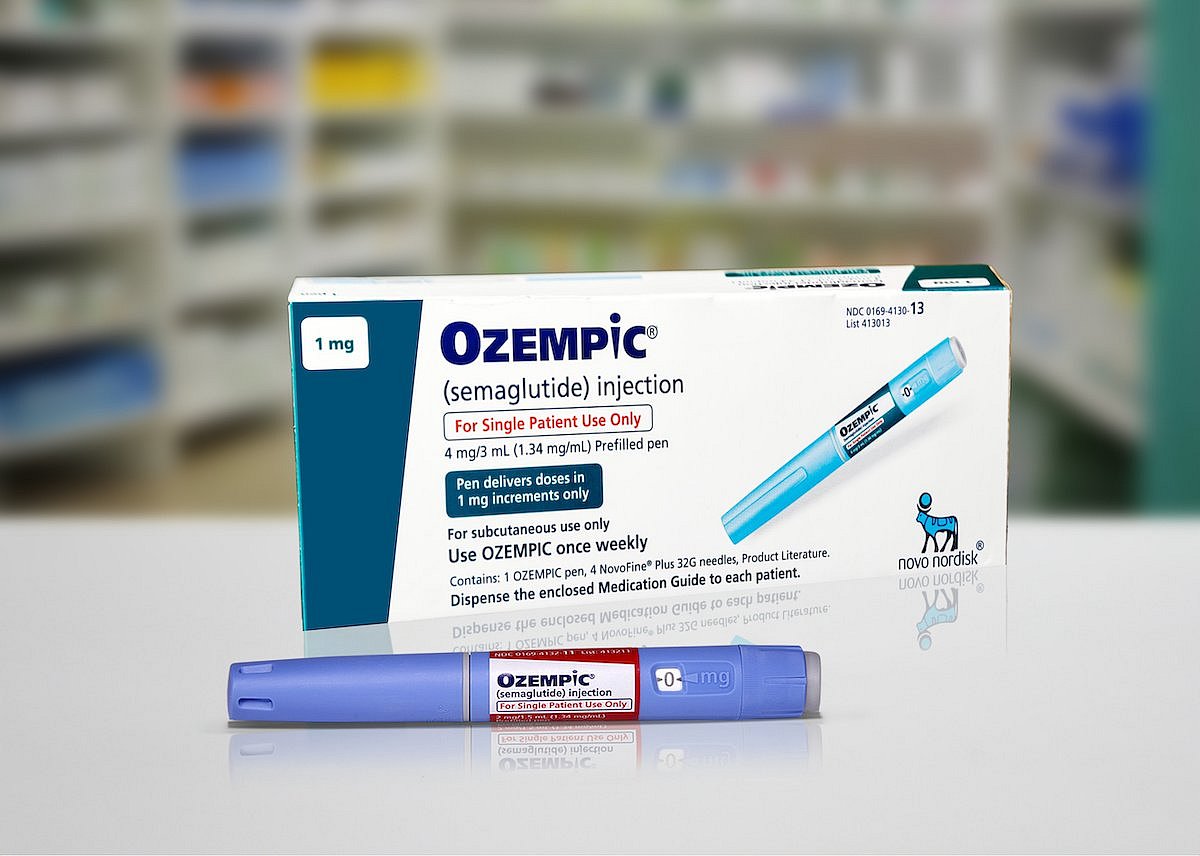
MONDAY, March, 3, 2025In a groundbreaking series of surgeries, doctors at Duke Health have successfully performed the world’s first living mitral valve replacement, saving the lives of three young girls across North Carolina. The procedure became possible after 11-year-old Journi Kelly, from Wilson, N.C., received a full heart transplant at Duke. Instead of getting rid… read on > read on >













.jpg)
















